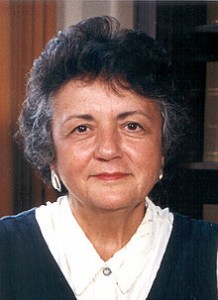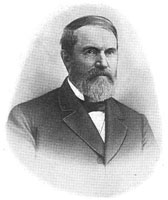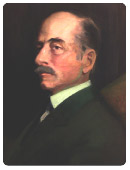The Chief’s Lawsuit
 A lawsuit filed in federal court by a sitting Chief Justice of a state Supreme Court against her colleagues is certainly unusual, if not unprecedented. The reaction to the filing of the complaint in Abrahamson v. Neitzel by the mainstream media has ranged from viewing the lawsuit as comedy (The Milwaukee Journal Sentinel: “Will the Real Chief Justice Please Stand”) to viewing this latest development as part of an ongoing tragedy (The New Yorker: “The Destruction of the Wisconsin Supreme Court”). However, the legal question at the heart of the Chief’s lawsuit is actually quite interesting.
A lawsuit filed in federal court by a sitting Chief Justice of a state Supreme Court against her colleagues is certainly unusual, if not unprecedented. The reaction to the filing of the complaint in Abrahamson v. Neitzel by the mainstream media has ranged from viewing the lawsuit as comedy (The Milwaukee Journal Sentinel: “Will the Real Chief Justice Please Stand”) to viewing this latest development as part of an ongoing tragedy (The New Yorker: “The Destruction of the Wisconsin Supreme Court”). However, the legal question at the heart of the Chief’s lawsuit is actually quite interesting.
Does the new method for selecting a Chief Justice of the Wisconsin Supreme Court take effect in the middle of the sitting Chief Justice’s term, or does it take effect upon the conclusion of the term of the current Chief?
Complicating the issue is the fact that an $8,000 salary differential exists between the position of Chief Justice and the other six Justices on the Court. Removing Justice Abrahamson from her current position as Chief would result in the immediate loss of this portion of her salary. Moreover, a mid-term reduction in salary appears to be prohibited by Article IV of the Wisconsin Constitution.


